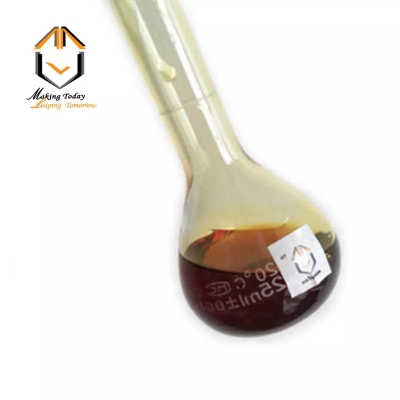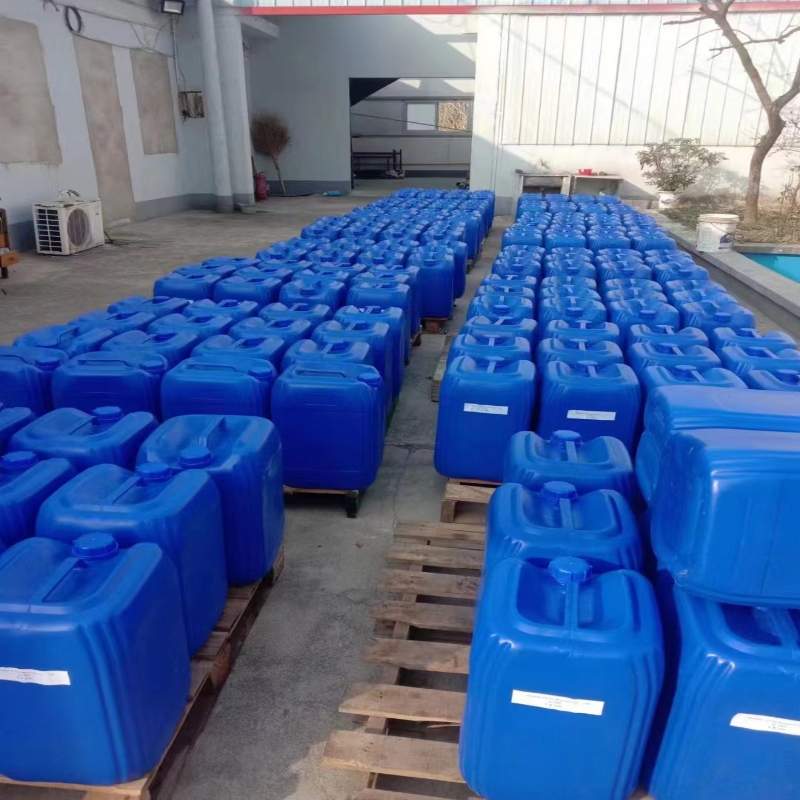-
Categories
-
Pharmaceutical Intermediates
-
Active Pharmaceutical Ingredients
-
Food Additives
- Industrial Coatings
- Agrochemicals
- Dyes and Pigments
- Surfactant
- Flavors and Fragrances
- Chemical Reagents
- Catalyst and Auxiliary
- Natural Products
- Inorganic Chemistry
-
Organic Chemistry
-
Biochemical Engineering
- Analytical Chemistry
-
Cosmetic Ingredient
- Water Treatment Chemical
-
Pharmaceutical Intermediates
Promotion
ECHEMI Mall
Wholesale
Weekly Price
Exhibition
News
-
Trade Service
Big oil will join 11 competitors including Exxon and Shell, as well as Brazilian companies, to bid for two exploration blocks
in Brazil's high-yield salt forefront.
This will be the second bid for two blocks, Secia and Atapu, and the 2019 bid failed to attract any bids
.
Reuters reported that the state is asking for nearly $2 billion in signing bonuses for the two blocks
.
The head of Brazil's oil regulator told Reuters: "Based on our interaction with the CEO, we look forward to competition
.
”
Reuters noted that for ExxonMobil, this will be its first major spending decision
after suffering a huge loss of $22.
4 billion last year due to the pandemic.
According to Brazil's Energy Ministry, if both blocks find suitors, they could eventually boost Brazil's oil production by 12 percent, bringing in a total investment
of about $40 billion over the next decade.
Brazil is aggressively increasing its oil production
.
Earlier this year, Brazil's Minister of Mines and Energy, Bento Albuquerque, said Brazil could become the fifth-largest crude exporter by
the end of the century.
"By 2030, when we reach 5.
3 million barrels per day of production, Brazil will become the world's fifth-largest oil exporter
," Albuquerque said.
He added that Brazil's crude oil and liquid production will jump from 3.
3 million barrels per day now
.
At present, Brazil has ranked among the top ten of the world's largest crude oil exporters, Saudi Arabia is firmly in the lead, and Brazil is ranked 12th
.
State-owned oil giant Petrobras recently announced plans to invest about $68 billion in increased production over the next five years, representing 82 percent
of total planned investment between 2022 and 2026.







